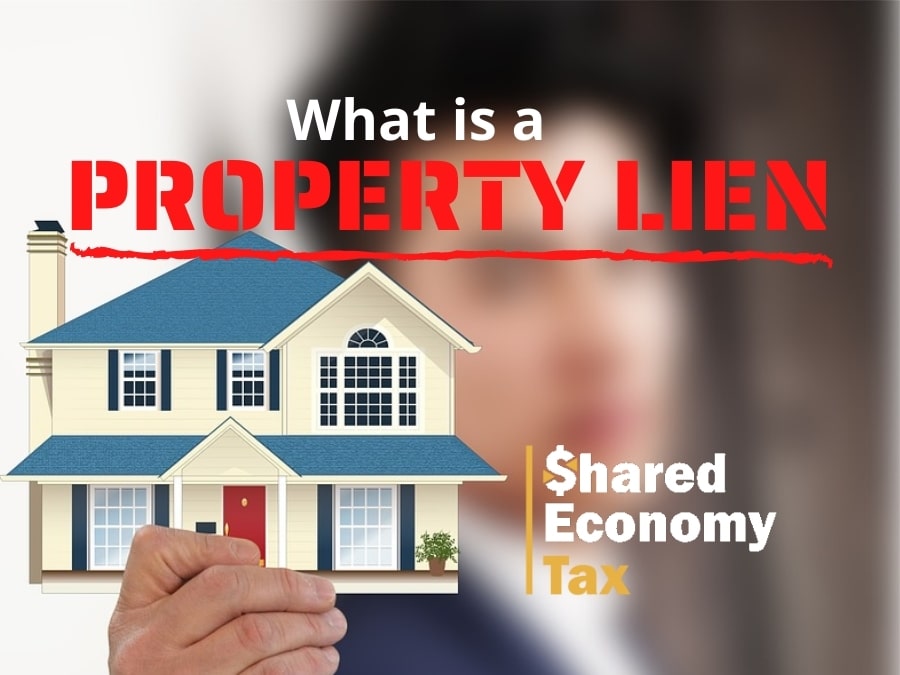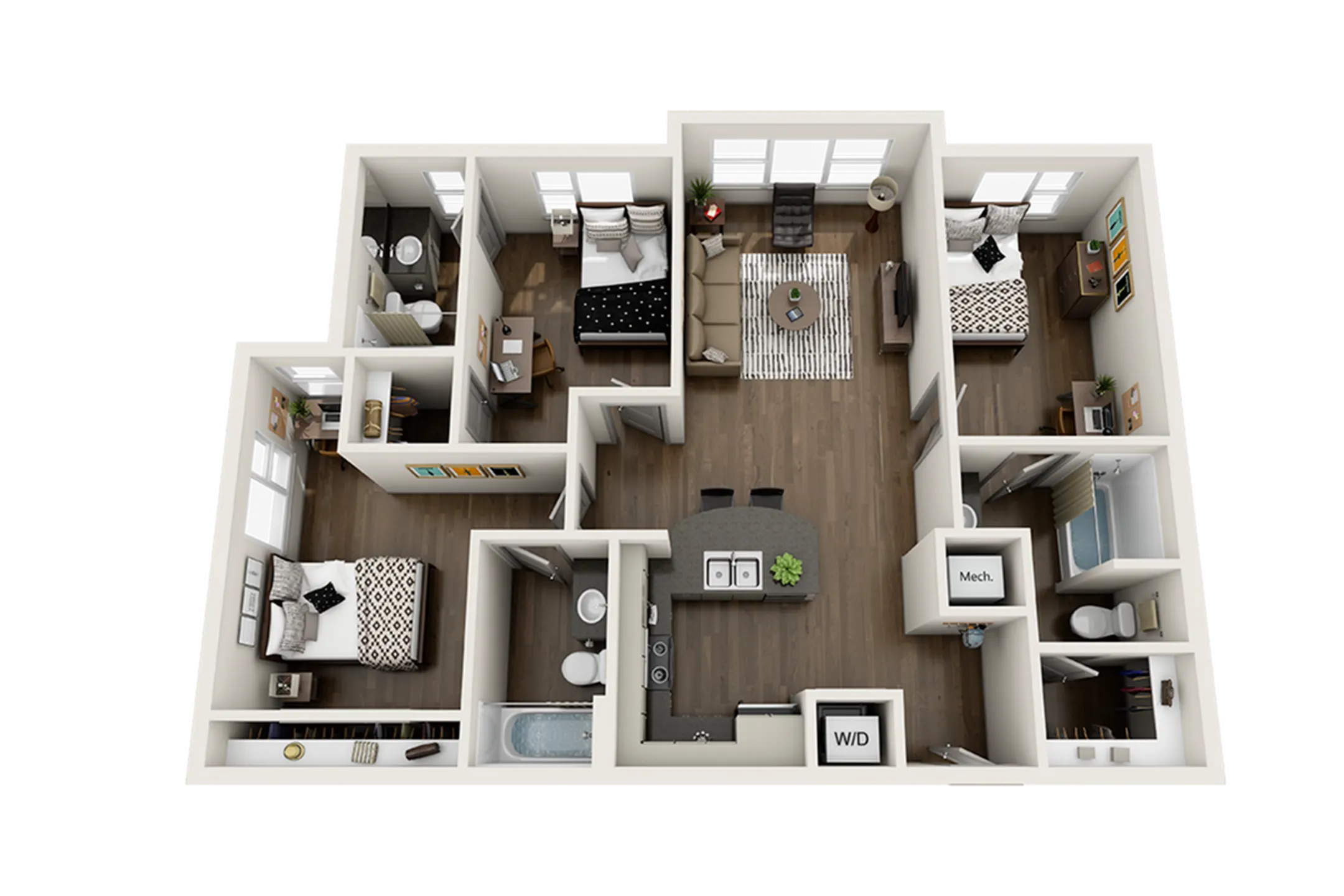gagarinblago.ru Search Listings
Search Listings
Proximity Apartments Greenville Nc
To support our service, we display Private Sponsored Links that are relevant to your search queries. These tracker-free affiliate links are not based on your personal information or browsing history, and they help us cover our costs without compromising your privacy. If you want to enjoy Ghostery without seeing sponsored results, you can easily disable them in the search settings, or consider becoming a Contributor. Experience luxury off-campus apartments with superior amenities at Proximity at 10th Apartments, located near ECU in Greenville, North Carolina. . See all available apartments for rent at Proximity at 10th in Greenville, NC. Proximity at 10th has rental units ranging from sq ft starting at $ . Taft Development Group completed development on Proximity at 10th, a combination of mixed-use, urban infill and student housing, before the academic year. Within proximity to ECU’s Student Center, with its student-targeted beds, 10, square feet of retail space, and on-site . Specialties: Welcome to Proximity at 10th - a luxury off-campus student apartment community in Greenville, North Carolina. We offer furnished studio, 1, 2, 3 and 4 bedroom apartments, all with private bedrooms and private bathrooms. Our pet friendly apartments boast luxe finishes, premium views, . Find your new home at Kings Deli located at E. 5th Street, Greenville, NC Floor plans starting at $ Check availability now! . Find and book student accommodation at Proximity at 10th. Find your ideal student home and book today! . See photos, floor plans and more details about Proximity at 10th in Greenville, North Carolina. Visit Rent. now for rental rates and other information about this property. . Book Proximity at 10th apartments in Greenville, NC & get deals up to US$ with Unilodgers. Starting at US$/Month. No booking fee. Free cancellation. . The Proximity at 10th is Greenville’s newest luxury off-campus student apartment community in Greenville, North Carolina. Located just steps from the East . LUXURY OFF-CAMPUS APARTMENTS The student apartment community in Greenville, North Carolina. Located just steps from the East Carolina University (ECU) Campus and directly across the street from the new ECU Student Center, Proximity is an Copper Beech Townhomes in Greenville, NC offers spacious . If you enjoy Ghostery ad-free, consider joining our Contributor program and help us advocate for privacy as a basic human right.
What Does It Mean To Have A Lien On Property

To support our service, we display Private Sponsored Links that are relevant to your search queries. These tracker-free affiliate links are not based on your personal information or browsing history, and they help us cover our costs without compromising your privacy. If you want to enjoy Ghostery without seeing sponsored results, you can easily disable them in the search settings, or consider becoming a Contributor. Each article that we publish has laws change. Learn more about our editorial standards. A "lien" is a notice that attaches to your property, telling the world that a creditor claims you owe it some money. . A lien is a claim that gives the bank that financed your loan a legal right to your property if you ever default on your payments. However, having this kind of lien isn’t necessarily a bad thing. That’s because it’s part and parcel of the home-buying process, and many homeowners have one. . Liens are legal tools used to protect the interests of creditors and other people who are owed money by property owners. They’re commonly used by banks, lenders, contractors and courts to ensure that property owners pay valid debts, such as mortgage notes or property taxes. . Property liens can be used by creditors in a variety of situations. A property lien is a legal claim to specific assets that have been granted by the courts. A creditor must file and receive approval for a property lien through a county records office or state agency. . Understanding property liens can better equip a real estate agent to navigate the situation or help the client work through it. A property lien is a legal claim on a person's property by their creditor to recover an unpaid debt or obligation. Property liens are usually leveraged by creditors . A mortgage lien gives a lender or creditor the ability to claim a property to pay off a debt. Learn how they work and about other types of property debt. . A lien is a claim or legal right to a debtor's property or other assets, typically assets that were used as collateral to back a loan. It serves to guarantee that the underlying obligation will be satisfied. If not, the creditor can seize and sell the assets in question. . About liens A lien is like a public mark put on property that shows up in government files. Banks look for liens when they’re financing (for example if the property sells) or refinancing a property. So, if there’s a lien you will probably get paid when whoever owes you money sells or refinances . The bank can put a property lien on a house when the homeowner fails to make a payment. Learn how to find liens on a property and what to do if you have one. . If a person or a business puts a lien on your property, it means you owe a debt to them. For example, if you don’t pay money owed to a contractor, the contractor can take you to court and get a lien on your home. . If you enjoy Ghostery ad-free, consider joining our Contributor program and help us advocate for privacy as a basic human right.
Learn what a property lien is, its consequences, how to check if you have one on your property, and how it affects your property. A lien is a claim that gives the bank that financed your loan a legal right to your property if you ever default on your payments. However, having this kind of lien isn’t necessarily a bad thing. That’s because it’s part and parcel of the home-buying process, and many homeowners have one. Liens are legal tools used to protect the interests of creditors and other people who are owed money by property owners. They’re commonly used by banks, lenders, contractors and courts to ensure that property owners pay valid debts, such as mortgage notes or property taxes. Property liens can be used by creditors in a variety of situations. A property lien is a legal claim to specific assets that have been granted by the courts. A creditor must file and receive approval for a property lien through a county records office or state agency. Understanding property liens can better equip a real estate agent to navigate the situation or help the client work through it. A property lien is a legal claim on a person's property by their creditor to recover an unpaid debt or obligation. Property liens are usually leveraged by creditors. A mortgage lien gives a lender or creditor the ability to claim a property to pay off a debt. Learn how they work and about other types of property debt. A lien is a claim or legal right to a debtor's property or other assets, typically assets that were used as collateral to back a loan. It serves to guarantee that the underlying obligation will be satisfied. If not, the creditor can seize and sell the assets in question. About liens A lien is like a public mark put on property that shows up in government files. Banks look for liens when they’re financing (for example if the property sells) or refinancing a property. So, if there’s a lien you will probably get paid when whoever owes you money sells or refinances. The bank can put a property lien on a house when the homeowner fails to make a payment. Learn how to find liens on a property and what to do if you have one. If a person or a business puts a lien on your property, it means you owe a debt to them. For example, if you don’t pay money owed to a contractor, the contractor can take you to court and get a lien on your home.
